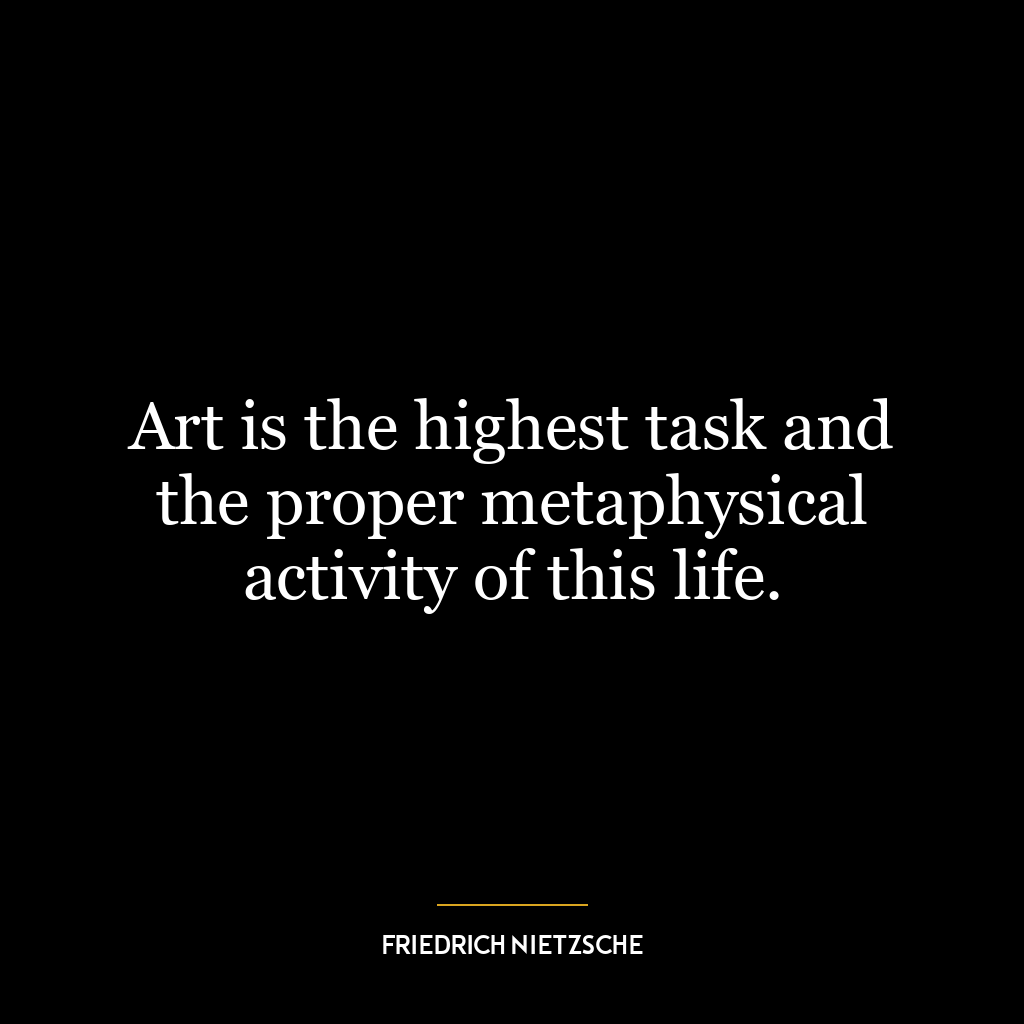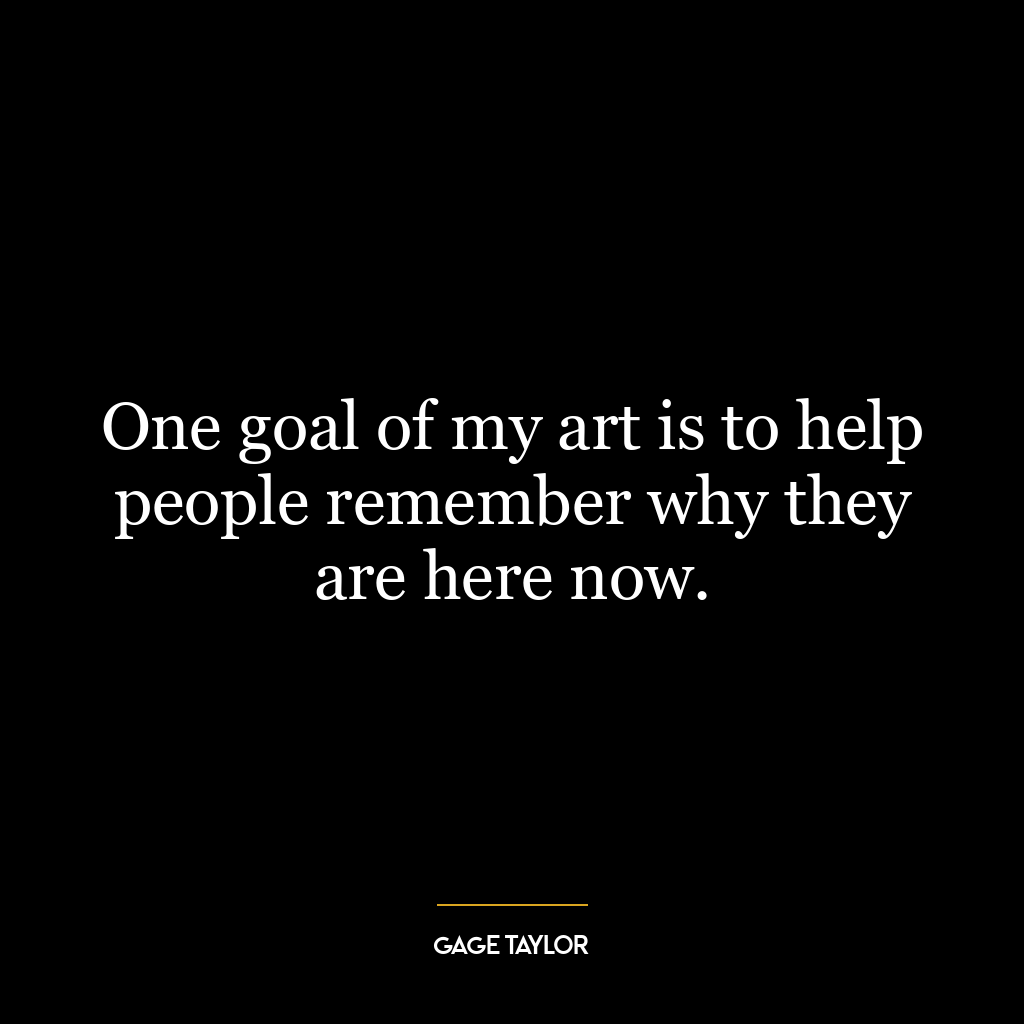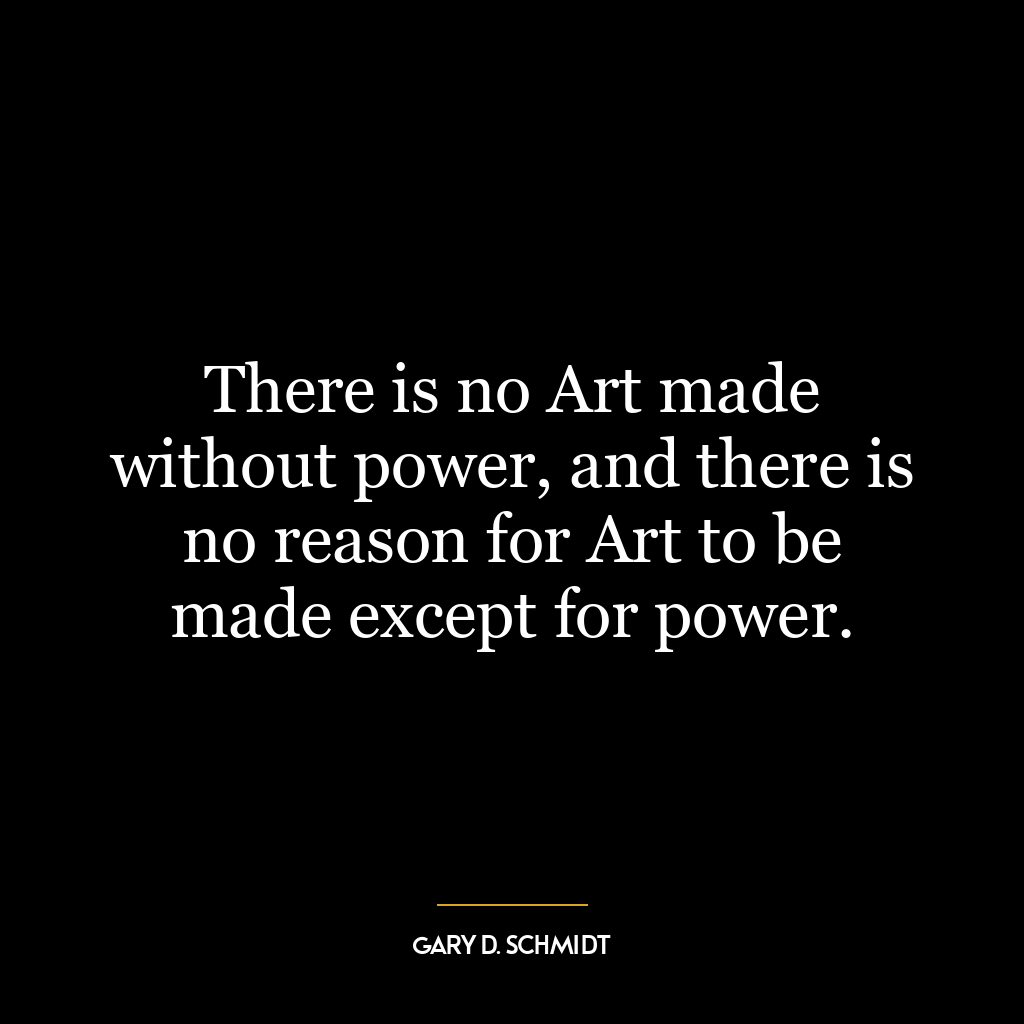The human body is meant solely for service, never for indulgence.
This quote emphasizes the belief that our bodies are tools, not toys. They are designed for us to use them in service of others and to accomplish meaningful tasks, rather than for self-indulgence or pleasure-seeking activities. This perspective encourages a lifestyle that prioritizes health, efficiency, and productivity over hedonism or decadence.
The idea underlying this quote is rooted in asceticism and self-discipline. It suggests a life devoted to purposeful action rather than one driven by desire or sensory gratification. By viewing the body as an instrument of service rather than an object of indulgence, we can better align our physical actions with our moral values and larger life goals.
In today’s world where consumer culture often promotes indulgence and instant gratification, this idea serves as a counterpoint encouraging moderation and restraint. It’s about making choices that respect the body’s capacity for work instead of exploiting it for transient pleasures.
In terms of personal development, this concept can be applied in several ways. For instance, it could mean choosing nutritious food over junk food because it fuels your body more effectively for work or service; it could mean opting for regular exercise because it keeps your body strong and healthy so you can better serve others; it might also imply abstaining from harmful habits like smoking or excessive drinking that deteriorate your health and limit your ability to serve.
Furthermore, on a deeper level this principle encourages us not only to use our bodies but also our talents and skills in serving others – thus leading a life filled with purpose beyond mere self-gratification. Recognizing the human body as solely meant for service challenges us to rethink how we treat ourselves physically but also how we utilize ourselves entirely – mentally & spiritually – towards creating value in society beyond personal gains.








